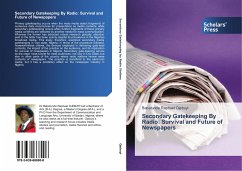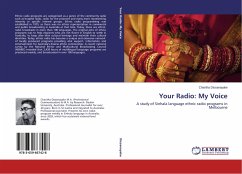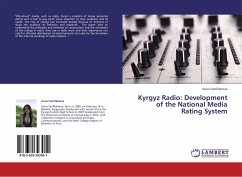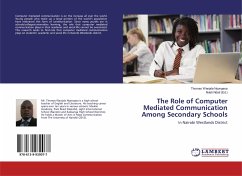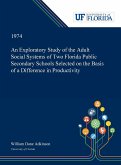Primary gatekeeping occurs when the mass media select fragments of numerous daily occurrences for presentation as media contents, while secondary gatekeeping occurs when further fragments of these primary media contents are selected by another media for mass communication. Whereas the former has attracted robust research globally, attention paid to the latter has been scanty despite its prevalence in the Nigerian broadcast media. This study, therefore, examined secondary media gatekeeping in Oyo state, Nigeria, in terms of the procedure followed, newsworthiness criteria, the devices employed in delivering gate-kept contents, the impact of the practice on the audience, and its implication for survival of newspapers in Nigeria. Secondary gate-keeping serves as the major news tunnel for most audiences, not only in Oyo State, but also in other parts of the country where radio stations review news contents of newspapers. The practice is beneficial to the electronic media, but it has apredatory effect on the newspaper industry in Nigeria.
Bitte wählen Sie Ihr Anliegen aus.
Rechnungen
Retourenschein anfordern
Bestellstatus
Storno

